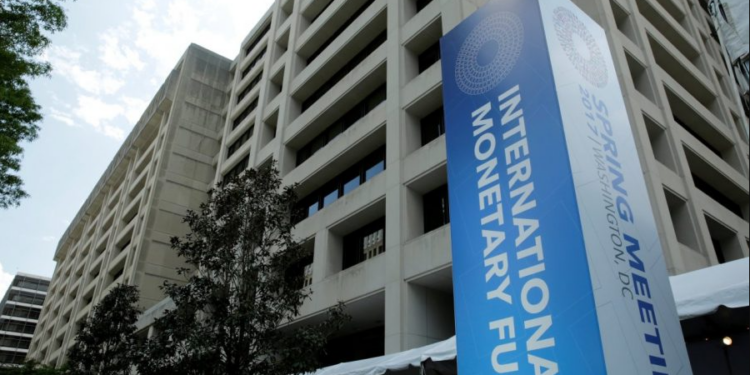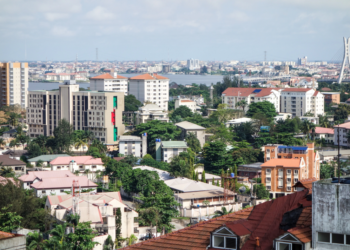The International Monetary Fund (IMF) says that oil-producing countries in Sub-Saharan Africa are growing at roughly half the pace of the broader region in what the IMF describes as “subdued and uneven” growth.
The IMF’s regional economic outlook for Sub-Saharan Africa, released on Friday, highlights that while diversified economies like Senegal and Tanzania are projected to grow above the regional average, Nigeria is expected to lag, with growth forecasted at 2.9%.
The Fund urged oil-exporting countries in Sub-Saharan Africa to reform their economies to address uneven regional economic growth.
According to the IMF’s latest World Economic Outlook, the region’s economy is projected to grow by 3.6% this year—consistent with last year’s growth and a slight downgrade from the 3.8% forecast in April.
Commodity-dependent economies continue to lag behind their more diversified counterparts.
IMF Africa Director Abebe Aemro Selassie emphasized that Nigeria’s government must “squarely address” pressing economic challenges that have driven high inflation and raised living costs.
He said, “South Sudan, Nigeria, Angola are all very much in that camp. They have had very large macroeconomic imbalances, financing challenges which have held back growth.”
“They (oil exporters) need to find new sources of growth, get more private sector investment – so working on reforms that will facilitate that is important,”
The report also noted additional challenges for African oil producers, including the global shift toward green energy in response to climate change.
President Tinubu’s reforms
Nigeria is Africa’s biggest oil producer pumping around 1.4 million barrels of oil daily- although below its standard of around 2 million barrels per day.
The 17-month-old administration of President Tinubu has instituted bold reforms in the energy, power and foreign exchange sectors to free up funds to invest in critical sectors like infrastructure, health, power and others.
While President Tinubu’s efforts have been lauded abroad, at home Nigerians face the worst inflation in the 21st century pushing the vulnerable into more severe poverty. The government has instituted a cash transfer program to the vulnerable but the process has been slow due to digital verification problems.
Economic growth in the SSA region in 2025
Sub-Saharan Africa’s economic growth is projected to edge up to 4.2% next year, according to the IMF report. Excluding the region’s biggest economies Nigeria and South Africa, the SSA would grow at a much faster pace.
The report highlighted that nearly half of the world’s 20 fastest-growing economies this year are in Sub-Saharan Africa. However, it warned that even faster growth is essential to address widespread poverty and inequality.
A major barrier to accelerated growth remains limited access to affordable financing, with many countries facing substantial debt burdens and high debt servicing costs.























